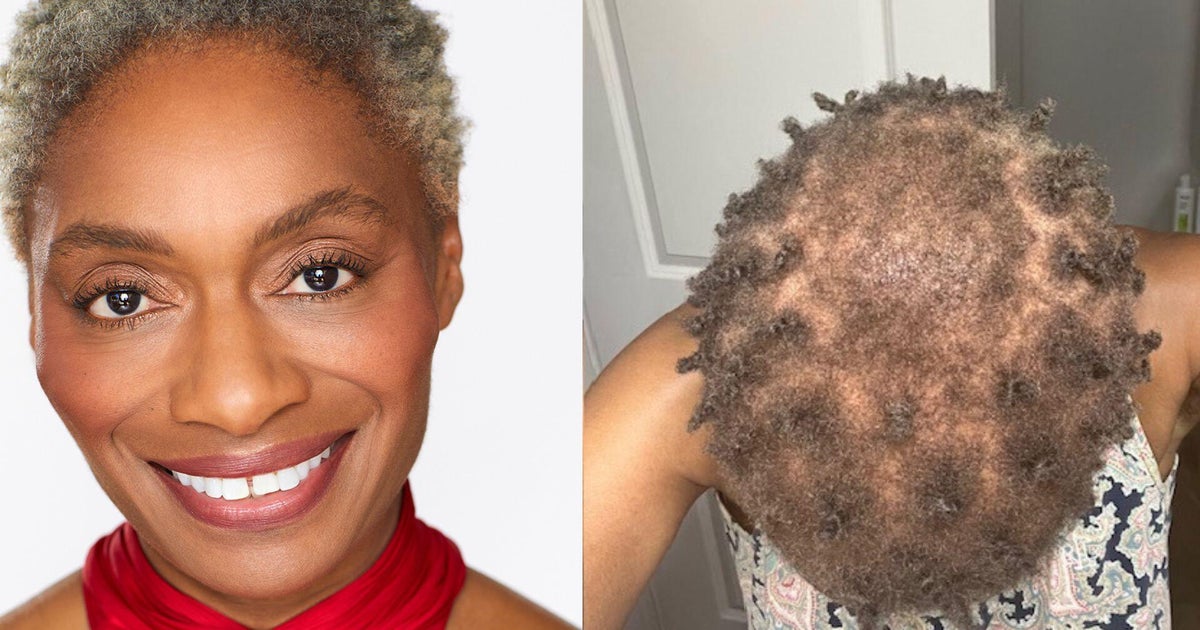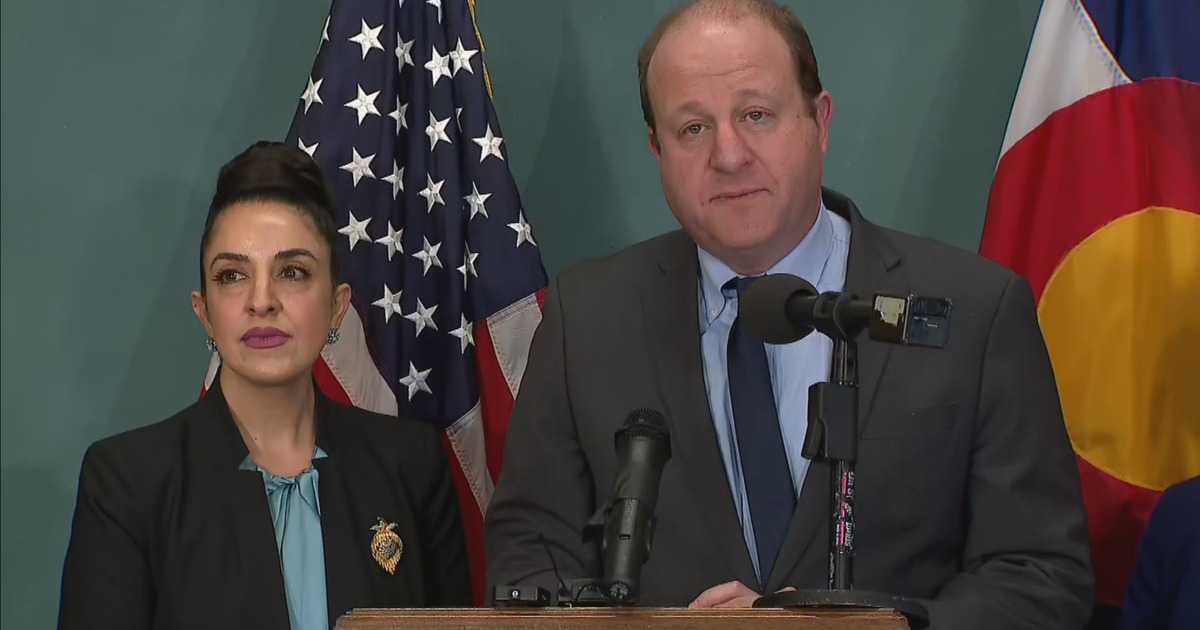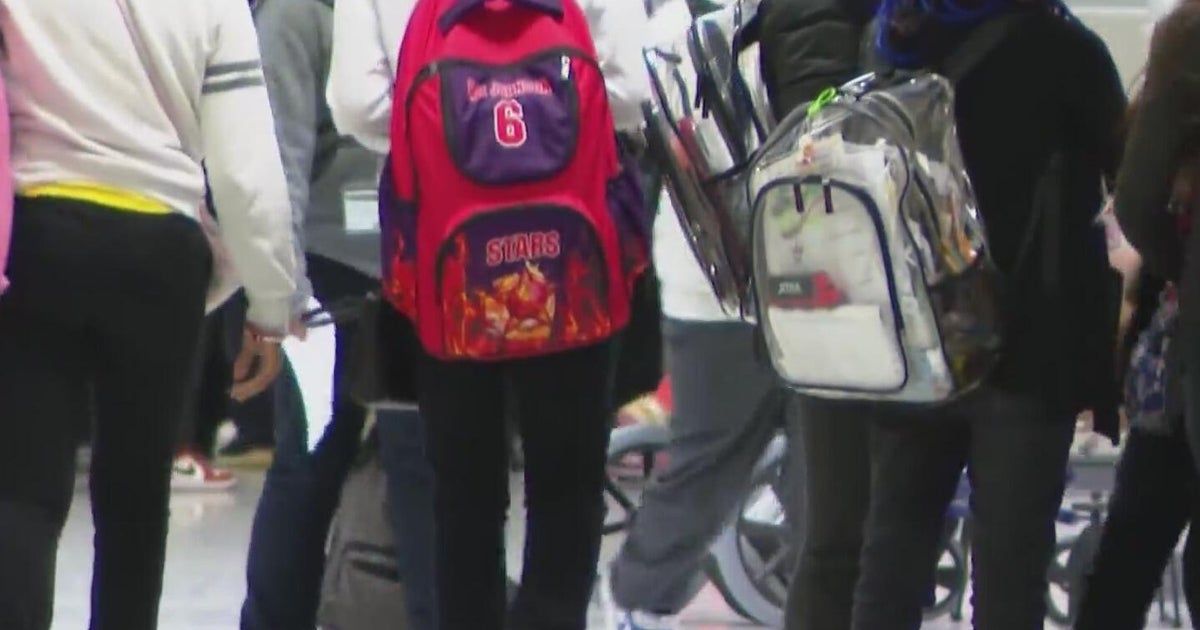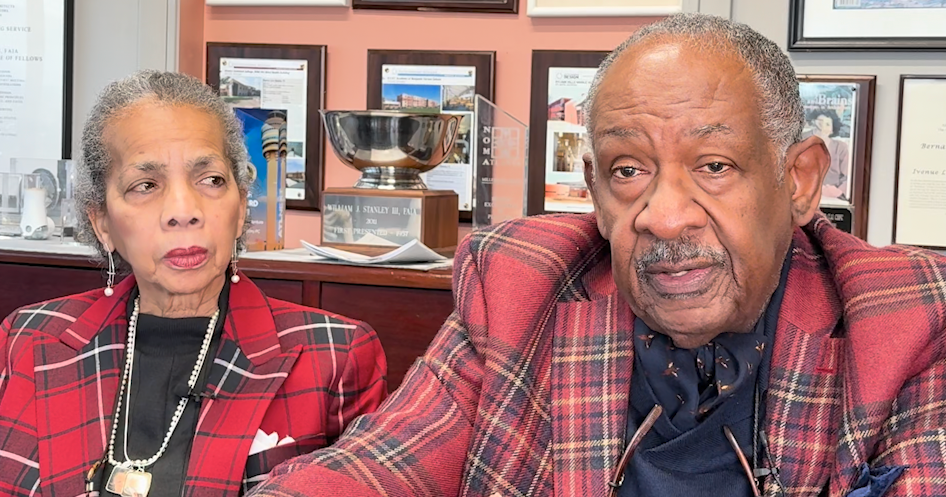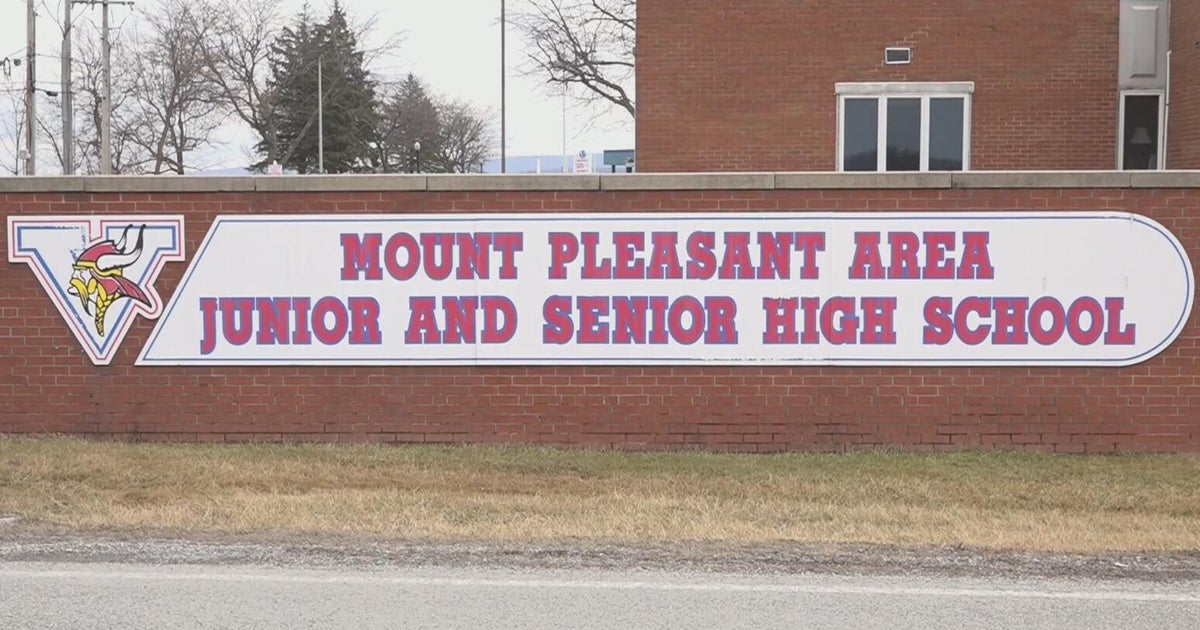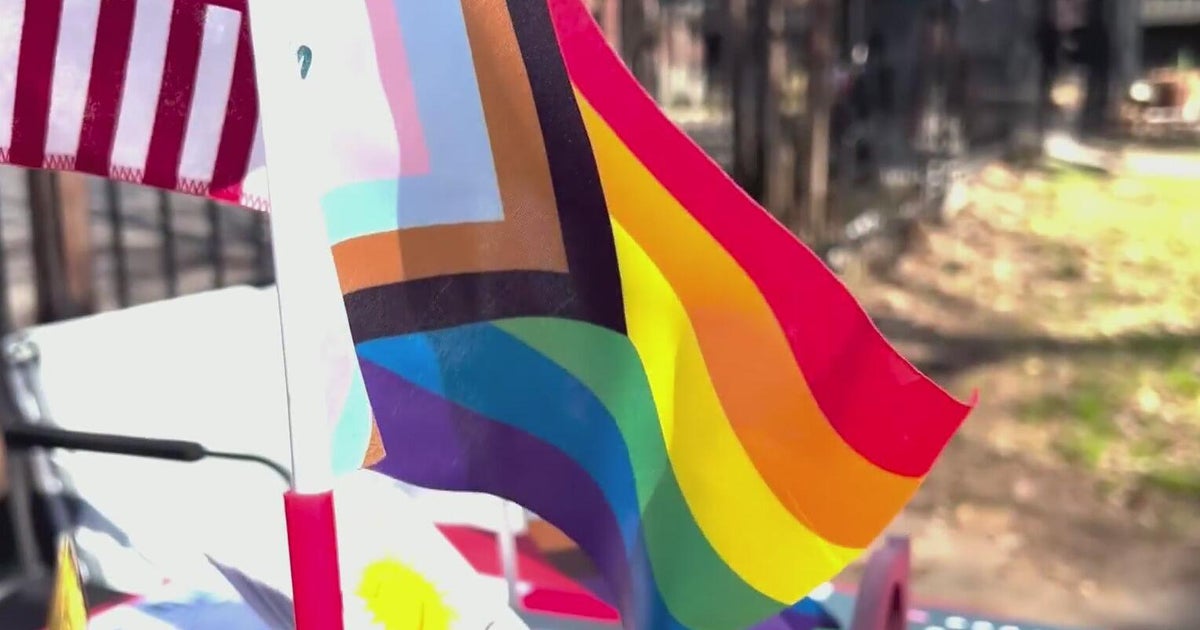Harvard reports drop in Black enrollment after Supreme Court affirmative action ruling
CAMBRIDGE - Harvard University, the Ivy League institution that was at the center of the Supreme Court case that ended affirmative action at colleges across the country, says there are fewer Black students in this year's freshman class.
Last year, students identifying as African American or Black made up 18% of the freshman class. That figure dropped this year to 14% for the Class of 2028.
Harvard said there was an increase of 2 percentage points in the number of students identifying as Hispanic or Latino. The percentage of students identifying as Asian American stayed the same.
"Today's report provides a first glimpse of the impact of the Court's decision, though we anticipate its full impact on the class composition at Harvard College may not be felt for several more admissions cycles," Hopi Hoekstra, dean of the faculty of Arts and Sciences, wrote in a staff letter.
Supreme Court affirmative action ruling
The Supreme Court in 2023 ruled that race-conscious admission policies for Harvard and the University of North Carolina were unconstitutional.
"The Harvard and UNC admissions programs cannot be reconciled with the guarantees of the Equal Protection Clause," Chief Justice John Roberts wrote. "Both programs lack sufficiently focused and measurable objectives warranting the use of race, unavoidably employ race in a negative manner, involve racial stereotyping, and lack meaningful end points."
Harvard said in the wake of the ruling it would make sure admissions readers do not have access to certain information about an applicant's race. The Supreme Court did say that colleges could consider "an applicant's discussion of how race affected his or her life, be it through discrimination, inspiration, or otherwise." One of the essay questions in the Harvard application was updated to ask students about a time they faced conflict.
Harvard also has said it is stepping up recruitment efforts and financial aid in order to attract a more diverse student body.
"Our community is strongest when we bring together students from different backgrounds, experiences, and beliefs," Dean of Admissions and Financial Aid William Fitzsimmons said in a statement. "And our community excels when those with varied perspectives come together - inside and outside of the classroom - around a common challenge by seeing it through another's perspective."
How the affirmative action ruling affected other colleges
MIT, the other elite university in Cambridge, said in August that its freshman class is less diverse because of the Supreme Court ruling. Only about 16% of the incoming class identified as an underrepresented racial group compared to to a 25% average in recent years.
UMass Amherst, however, said its incoming class is the "most diverse in the university's history." The state school said it adhered to the court's ruling but doubled down on efforts to encourage students of color to apply.
